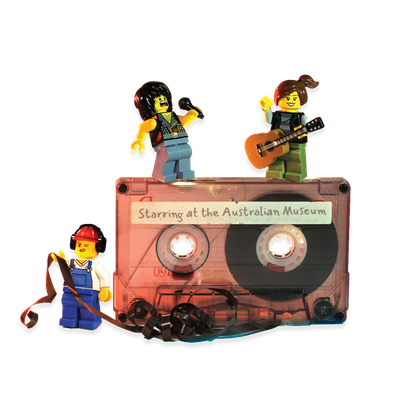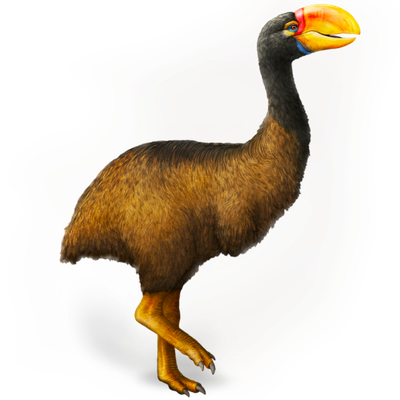Your search returned 135 results
By Page Type
By Tag
- All
- fish (966)
- blog (696)
- fishes of sydney harbour (401)
- First Nations (299)
- Blog (236)
- AMRI (169)
- archives (164)
- Eureka Prizes (146)
- Aboriginal and Torres Strait Islander (135)
- insect (126)
- Ichthyology (124)
- geoscience (109)
- minerals (102)
- climate change (100)
- podcast (94)
- Fish (91)
- Anthropology (89)
- International collections (80)
- Minerals Gallery (78)
- wildlife of sydney (78)
- Labridae (77)
- frog (74)
- gemstone (70)
- history (64)
- photography (64)
- Mollusca (60)
- gem (59)
- staff (59)
- Birds (56)
- Gems (56)
- Indonesia (56)
- education (56)
- shark (55)
- AMplify (54)
- people (53)
- earth sciences (50)
- past exhibitions (50)
- exhibition (49)
- Gobiidae (48)
- sustainability (46)
- Pomacentridae (45)
- Serranidae (44)
- lifelong learning (42)
- science (42)
- Earth and Environmental Science (41)
- Syngnathidae (41)
- Ancient Egypt (40)
- Bali (40)
- bird (40)
- dangerous australians (40)
-
Mervyn Bishop
https://australian.museum/learn/first-nations/sydney-elders/mervyn-bishop/The Sydney Elders portrait collection was taken by renowned Aboriginal photographer, Mervyn Bishop.
-
The “pygmy” myth debunked
https://australian.museum/learn/first-nations/debunking-australian-pygmy-people-myth/The “pygmy” myth is often used to dismiss the rightful place of Aboriginal peoples as the First Peoples of Australia. In this article, we challenge the myth and the assumptions behind it.
-
Christine Donnelly
https://australian.museum/learn/first-nations/sydney-elders/christine-donnelly/Christine is the founder of the Aboriginal Dance Theatre in Redfern, which opened in 1979 and she is currently the CEO.
-
Dulcie Flower AM
https://australian.museum/learn/first-nations/sydney-elders/dulcie-flower/Dulcie Flower is a Miri woman of the Meriam Nation from the Torres Strait Islands who was born in Cairns.
-
Eric Robinson
https://australian.museum/learn/first-nations/sydney-elders/eric-robinson/Eric is a valued member of the Babana Aboriginal Men’s Group in Redfern where he is regarded as the honorary Elder.
-
Mick Mundine
https://australian.museum/learn/first-nations/sydney-elders/mick-mundine/Mick has lived and worked in the Redfern community for decades where he has established programs to help the local community and drive self-determination and Aboriginal social justice.
-
Sol Bellear AO
https://australian.museum/learn/first-nations/sydney-elders/sol-bellear/Sol was awarded the Order of Australia (AO) in 1999 for services to the Aboriginal community, particularly in relation to the administration and development of health policies.
-
Kooriculum: Beyond Terra Nullius
https://australian.museum/learn/first-nations/kooriculum-beyond-terra-nullius/Aboriginal Stories of Country welcome all visitors, ask people to listen and learn from them, to respect their country and in particular respect their sacred sites.
-
Indigenous science goes far beyond boomerangs and spears
https://australian.museum/learn/first-nations/indigenous-science/Indigenous science was critical for Indigenous people in solving any number of problems they faced and to capitalise on beneficial and sustainable opportunities presented by their environments and circumstances.
-
Tasmanian Aboriginal shell necklaces: A significant cultural practice
https://australian.museum/learn/first-nations/tasmanian-aboriginal-shell-necklaces/Shell necklace-making is a tradition that has continued uninterrupted by European colonisation.
-
Discover more
2025 Australian Geographic Nature Photographer of the Year
Special exhibition
Free entry
Now open -
Discover more
Unfinished Business
Special exhibition
Free entry
Now open -
Find out more
Surviving Australia
Permanent exhibition
Free entry
Now open![]()
-
Find out more
Burra
Permanent kids learning space
Free entry
10am - 4.30pm![]()
-
Discover more
Minerals
Permanent exhibition
Free entry
Open daily![]()





